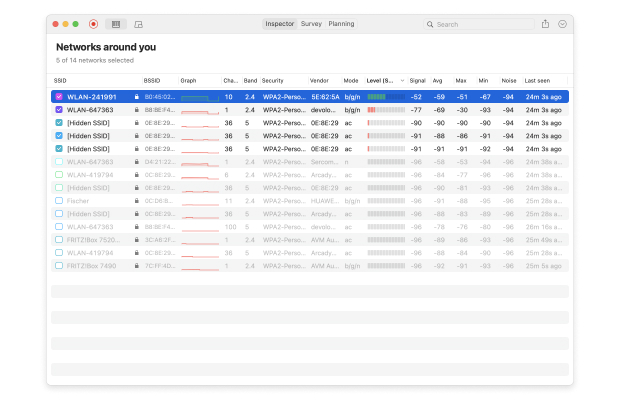Cox Internet Coverage
Cox internet plans are available in the following regions:
| Arizona | Iowa | North Carolina |
| Arkansas | Kansas | Ohio |
| California | Louisian | Oklahoma |
| Connecticut | Massachusetts | Rhode Island |
| Florida | Missouri | Virginia |
| Georgia | Nebraska | |
| Idaho | Nevada |
In total, around 20 million people can sign up for Cox internet services, which are most prevalent in areas around major cities, such as Cleveland, Las Vegas, New Orleans, Phoenix, San Diego, and Wichita.

In addition to its Cox cable internet service, the company also operates a large network of more than 3 million hotspots around the country.
What’s interesting about the hotspot network is that Cox customers play a huge role in it because the company’s Panoramic Wi-Fi system, which all customers can get for an extra $12 each month, is enabled to work as a public hotspot by default, creating a separate network whose use doesn’t count toward the monthly data cap of 1.25 TB.
The good news is that you can manually disable the hotspot functionality if you want to enjoy the benefits the Cox Panoramic Wi-Fi system has to offer without sharing it with strangers (more about them in the next section). The router is available with all Cox internet plans—no need to pair it with specific Cox Wi-Fi plans or anything like that.
